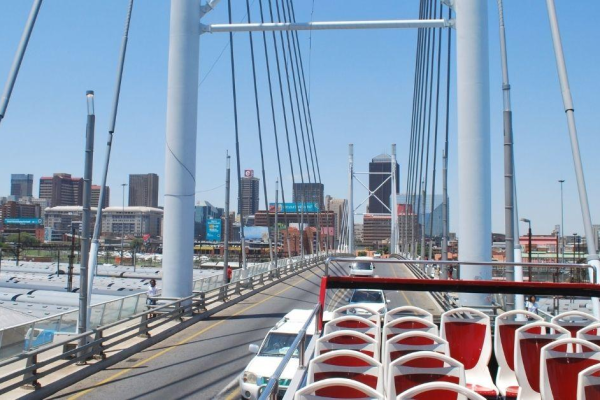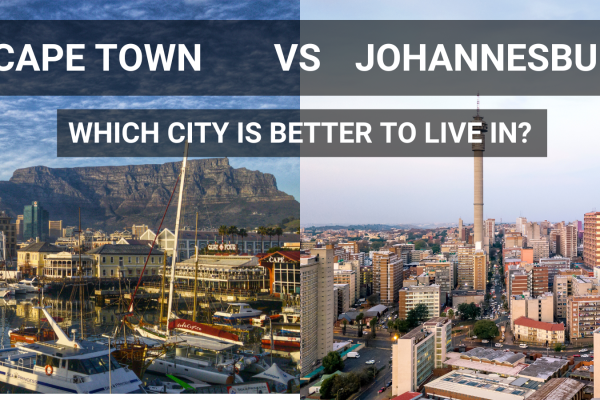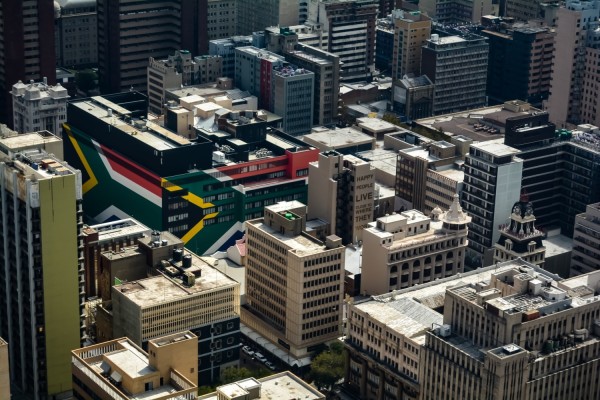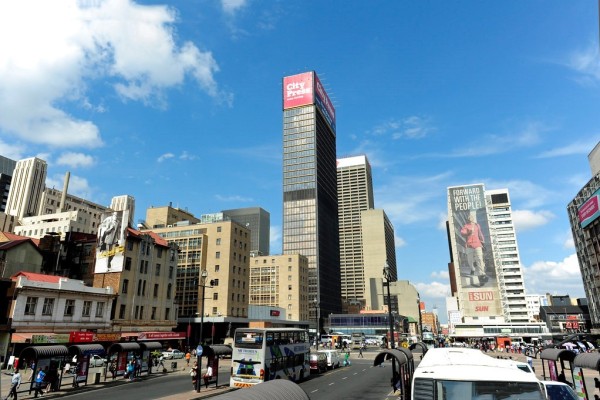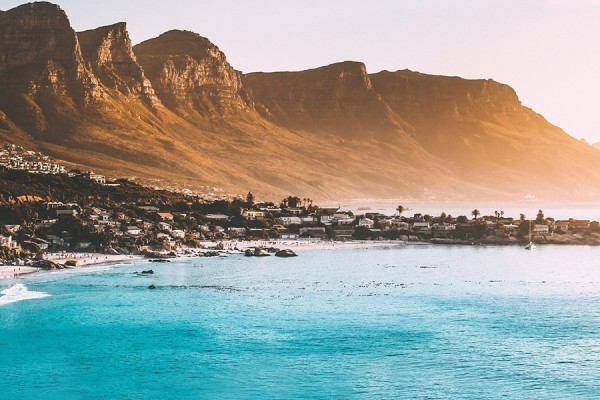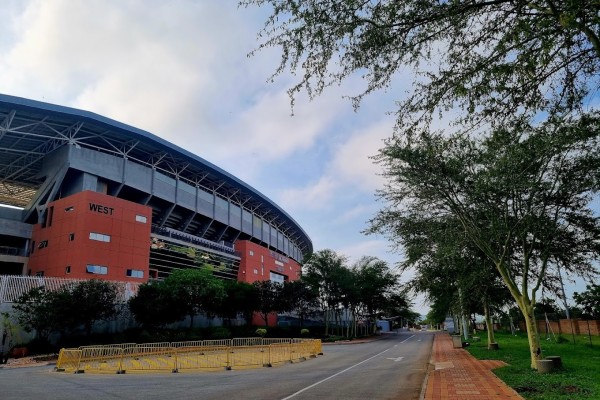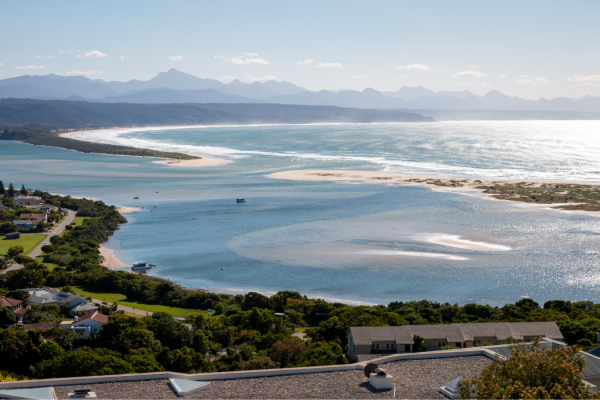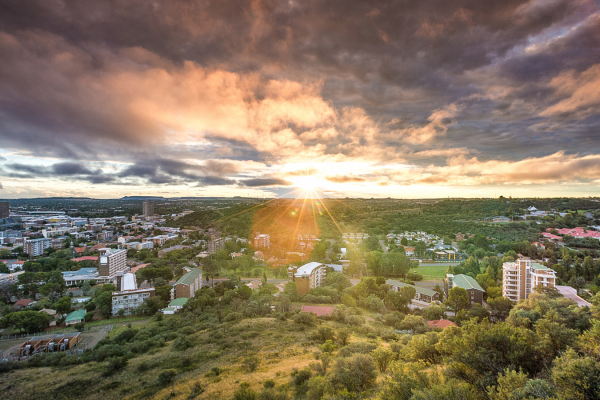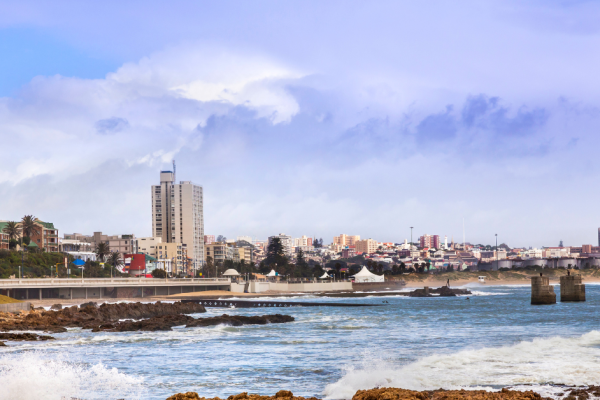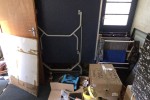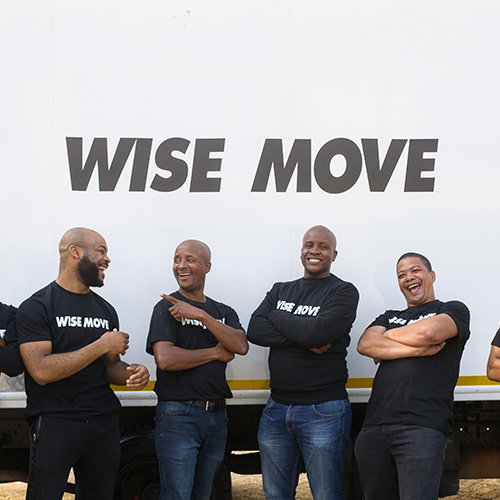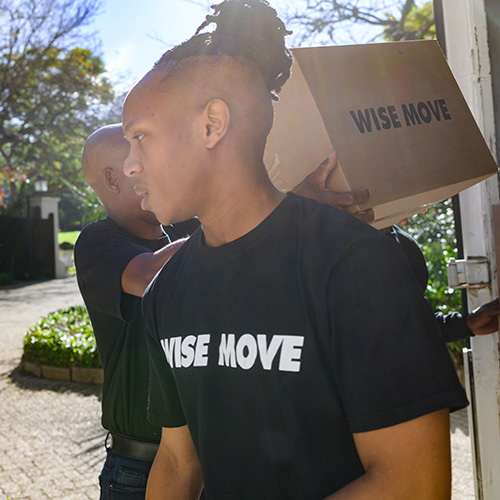Living in South Africa | The Good, The Bad, and The Ugly
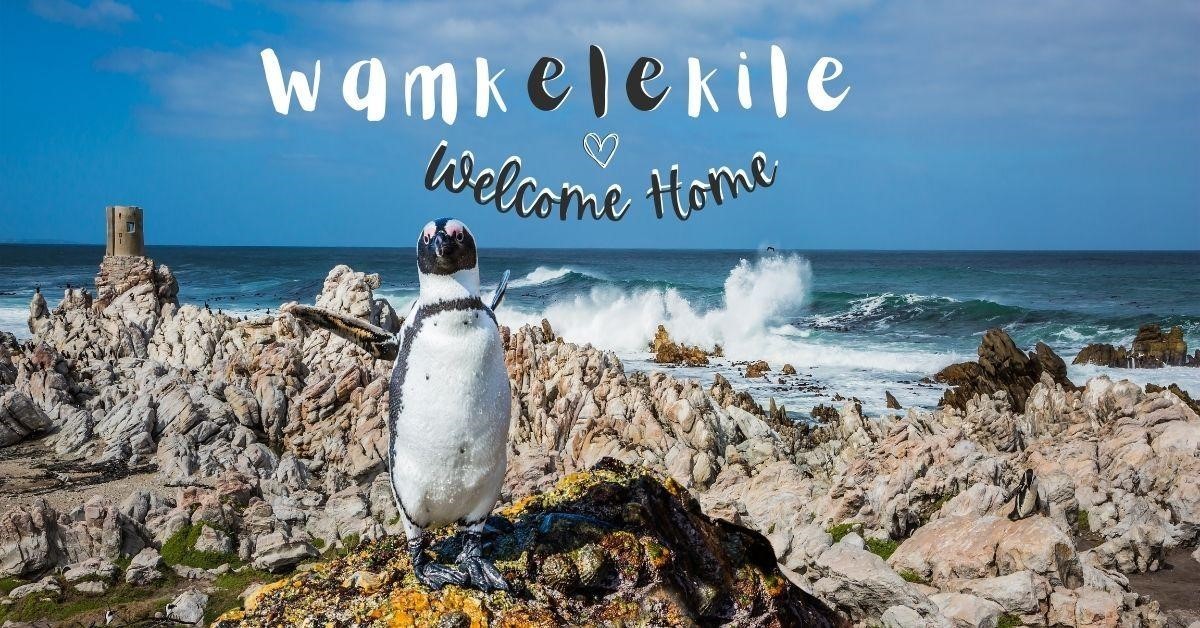
Living in South Africa has many perks- it’s a stunning country, filled with unbeatable natural splendour, vibrant cultures, mouth-watering cuisine and activities to tickle any fancy as well as a warm wamkelekile (welcome) that permeates its people, businesses and towns.
But, there are also a few things you need to know to make sure you have the best possible experience while living here. In this welcome guide to South Africa, we share the good, the bad and the ugly— so you can enjoy the best this country has to offer while avoiding the bad or helping to make it even better!
People who have moved to South Africa know that the good far outshines the bad, and we hope that you also fall madly in love (as most do) with this beautiful country!
Hold onto your horses, kids—it’s about to get real.
In this article
The Good - Experience the Best of South Africa
Let’s start on a high note, shall we? After all, there’s so much good that comes with living in Mzansi (a local term of endearment for South Africa that you’ll come to know well). Here are some of the things that make this country great…
Wildlife and Nature
South Africa is blessed with an incredible variety of natural beauty. From the wild coastline, majestic mountains and lush forests to the sprawling savannahs and unique deserts, there’s something for everyone.
And let’s not forget about the world-renowned game reserves, which are home to some of the most iconic animals on the planet. If you love being outdoors, you’ll be in your element here.
🦁 80+ Parks and Reserves
🍷 560 wineries in the Western Cape
🌊 3 000 km of gorgeous coastline
World-Renowned Game Reserves
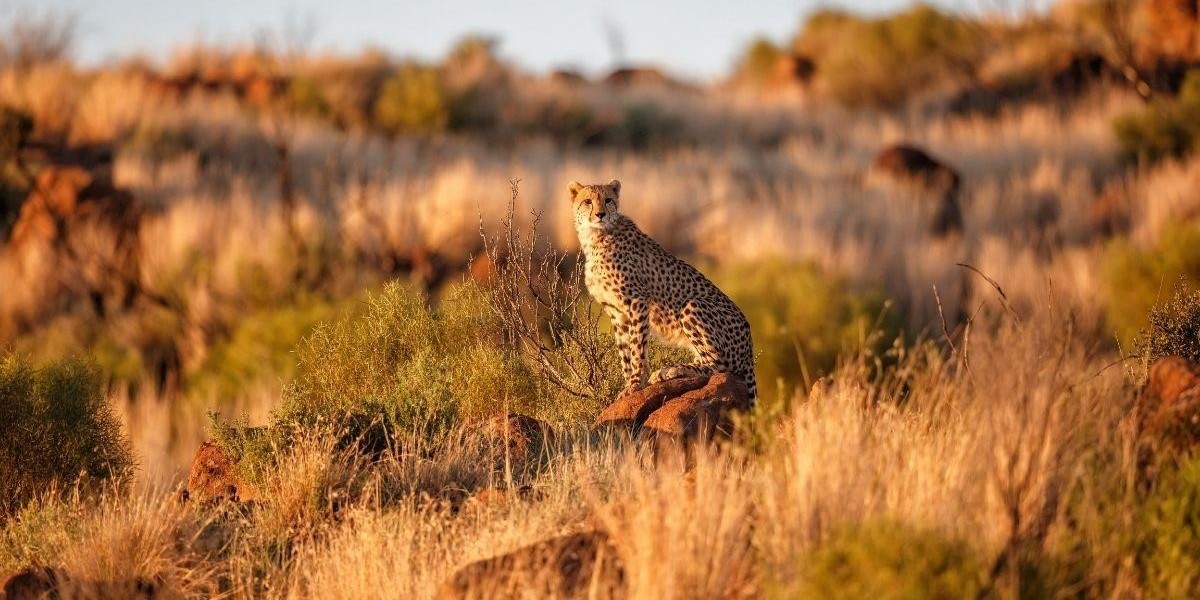
One of the best things about living in South Africa is that you have some of the best game reserves right on your doorstep.
The Kruger National Park, for example, is one of the largest and most popular reserves in the country. Here you can have unique encounters with the Big 5 in their natural habitat.
Did you know: The “Wild Card” gives you access to 80+ Parks and Reserves around Southern Africa? It’s a great way to save money and support the parks - especially if you plan on visiting several parks.
Fortunately / unfortunately, locals and foreigners don’t pay the same conservation fee to go into our National Parks.
South Africans pay R110 ($7 / €7 / £6) per adult per day to enter the Kruger National Park, while international visitors will pay four times that price at R440 ($27 / €26 / £22) per adult per day. All the more reason to get the wild card.
However, rest assured that your conservation fee is going toward a good cause. Our wild animals need protection, care and proper management— all of which are covered by conservation fees.
Gorgeous Mountain Ranges
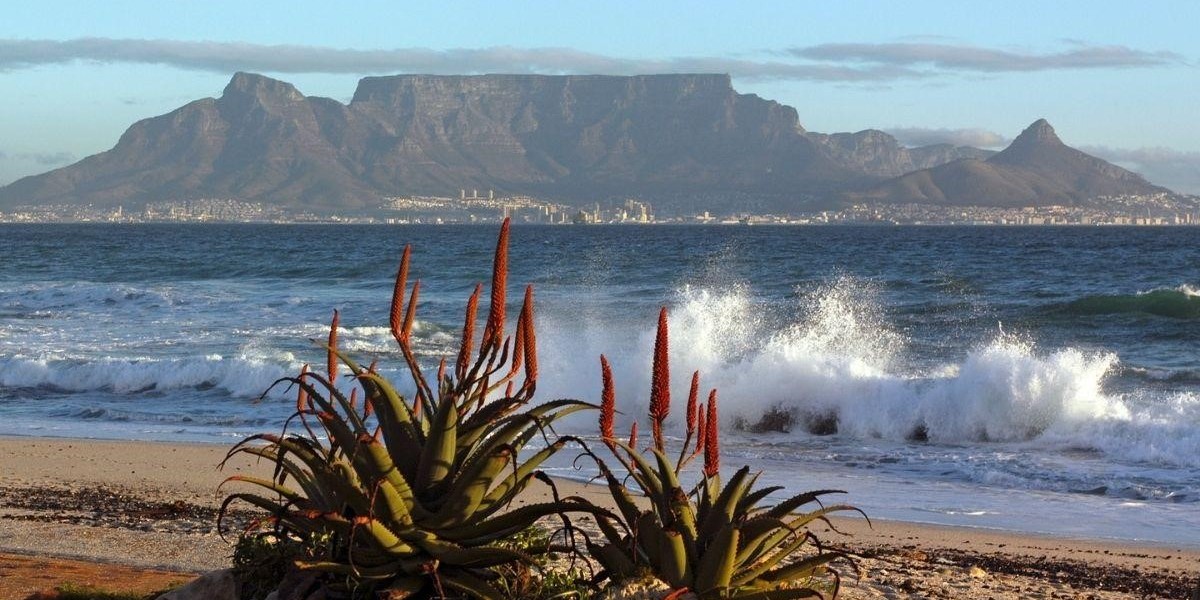
South Africa is home to some of the most beautiful mountain ranges, including the Drakensberg, which offers breathtaking views and is perfect for hiking and camping. Other popular places to visit include the Cederberg, Swartberg and Tsitsikamma.
Cape Town also boasts the iconic Table Mountain, which offers many hiking routes for its visitors.
Did you know that there are several hiking routes that you can take to get up Table Mountain? Platteklip Gorge is the most popular just because it’s easy to find. It’s by no means the best (sorry, Platteklip!). It’s a straight-up climb with monstrous natural “steps” and a ton of traffic.
If you’re up for an adventure (but you still want to try one of the safer routes), try Skeleton Gorge. It's true that the name doesn't exactly inspire courage, but it’s well worth the hike.
It takes you through the Kirstenbosch Gardens (which is another must on the list of things to do) and up the back of the mountain.
It’s a longer hike, but you also get to see the Hely-Hutchinson Reservoir dam. This dam is quite the surprise— imagine walking along and suddenly coming across soft white beach sand… on top of a mountain! And then seeing a blood-red dam of water. It’s magical.
Why is the water in Hely-Hutchinson Reservoir dam red? Apparently, the colour is due to the fynbos (translates to fine bush), a type of plant that only occurs in the Western Cape and Eastern Cape regions. It’s one of the 6 floral kingdoms in the world! So, you’re looking at fynbos-infused rainwater. Neat.
Unique Travel Experiences
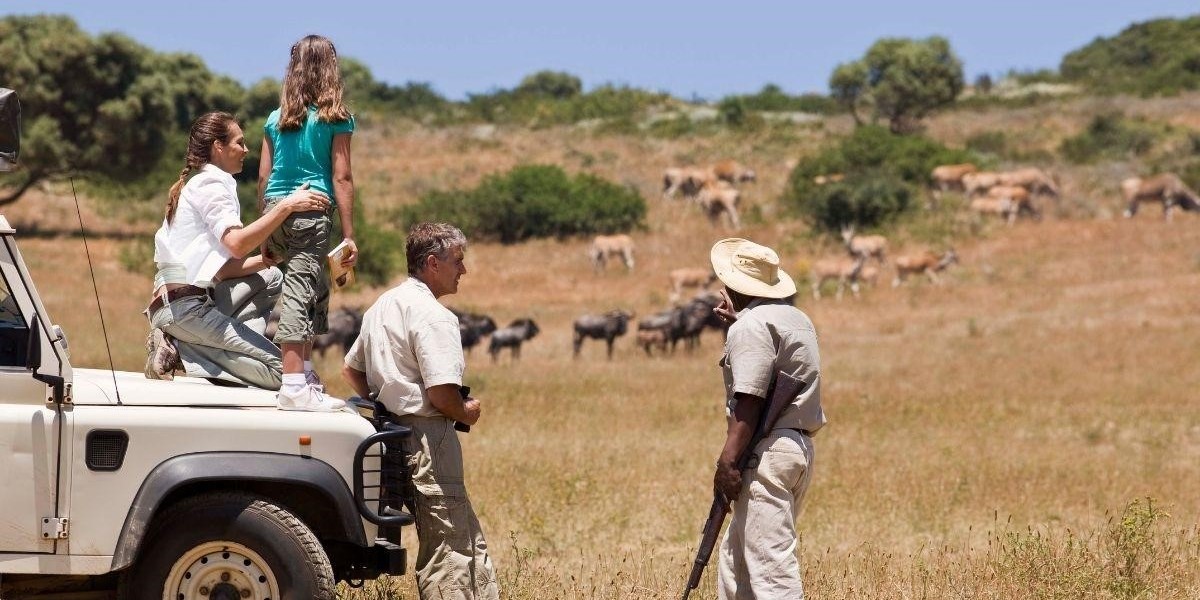
South Africa is a great place to travel, and there are plenty of unique experiences to be had.
Whether you want to go whale watching in Hermanus, paragliding along the Garden Route or bungee jumping between the Soweto Towers, there’s something for everyone.
And let’s not forget about the award-winning wine farms which offer visitors the chance to sample some of the best wines in the world.
Tip: Flying from Cape Town International Airport? Don’t wait at the airport; enjoy a glass of wine and a picnic under the trees at Vergenoegd Wine Farm (translates to “far enough”- we agree!). Famous for their “duck parade,” you’ll have an unforgettable experience!
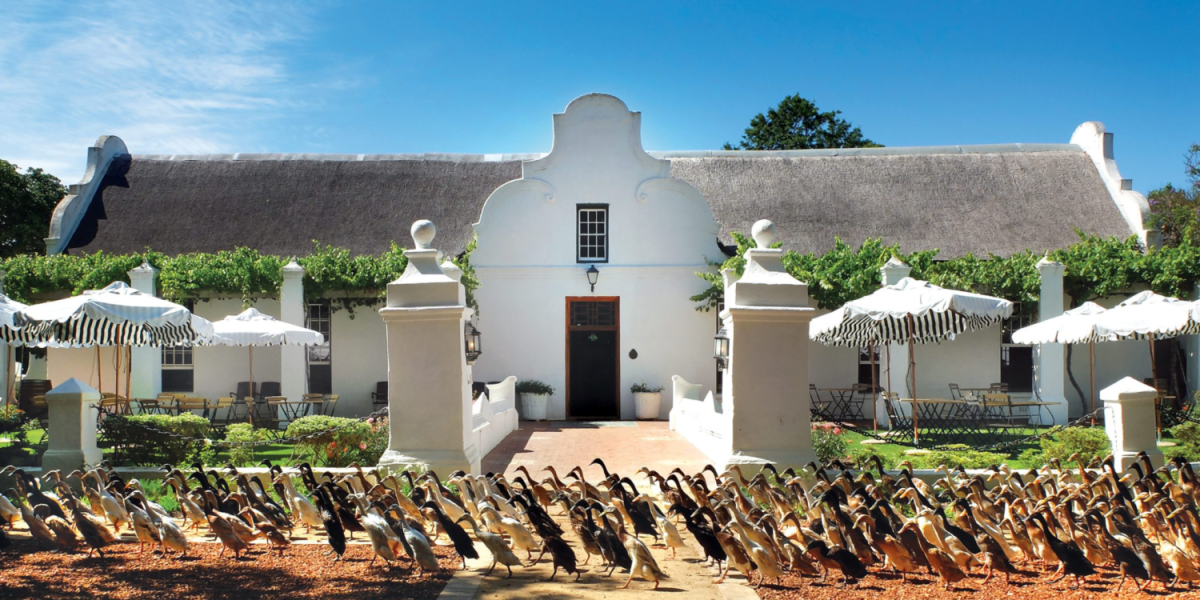
PHOTO CREDIT: VERGENOEGD LÖW WINE ESTATE
Truly Wild Coastlines
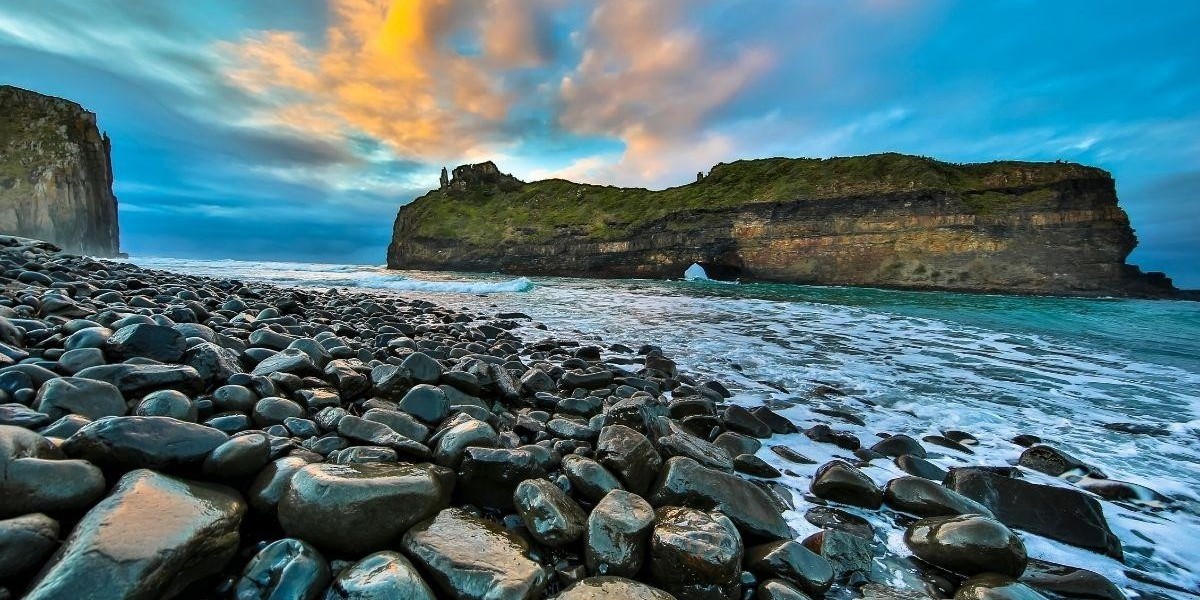
South Africa has an incredible coastline, much of which is still relatively untouched. The Wild Coast, in particular, is a must-see with its dramatic cliffs, hidden coves and pristine beaches.
You will also find remote villages along the Wild Coast with some of the friendliest and most welcoming people.
South African Coastal Hikes you can’t miss!
The South African coastline offers some of the most beautiful and varied hiking trails in the world. From the adventurous 5-day Otter Trail to the stunning overnight Alexandria Trail, there is something for everyone. Here are eight of the best coastal hikes that South Africa has to offer:
1. The World-Famous Otter Trail
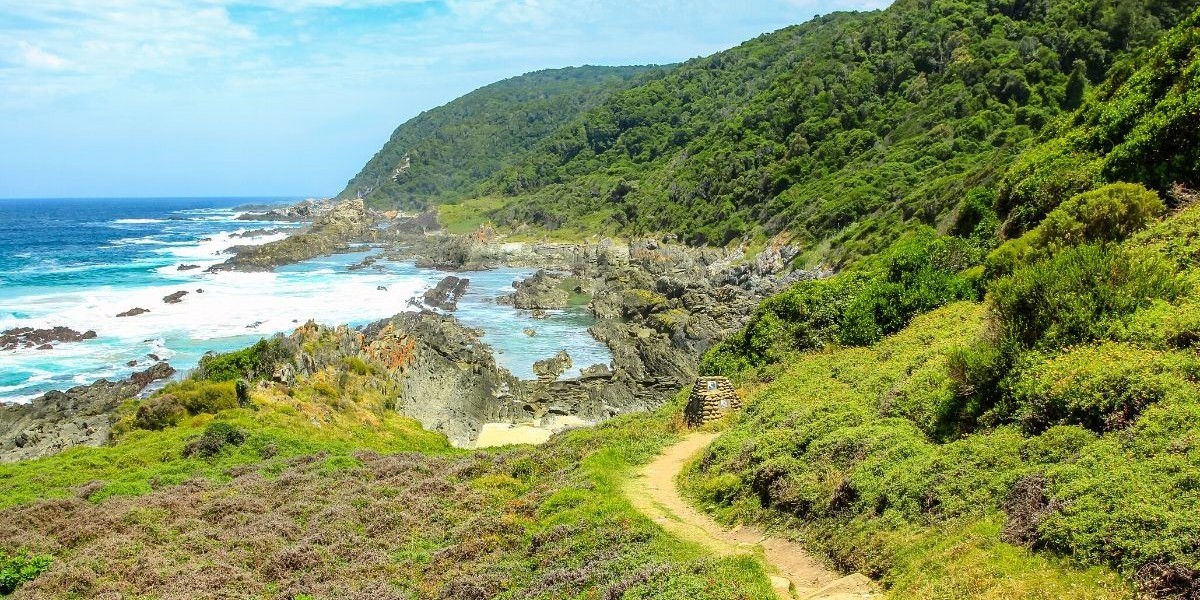
The Otter Trail is without a doubt one of the most popular hiking trails in South Africa. It runs for 45km along the stunning Garden Route coast from Storms River Mouth to Nature's Valley. The trail takes five days to complete and is rated as moderate to difficult. Highlights include dramatic coastal cliffs, pristine beaches and indigenous forests.
Length: 5 days
When: October—April
2. Addo Elephant National Park Alexandria Trail
The Alexandria Trail is a 36km two-day circular hike that starts in the Alexandria Forest of the Woody Cape section about 100km from Addo Main Camp and the trail takes you through some of the park's diverse landscapes, including lush forests, open savannah and eerie dune fields. Highlights include the picturesque Alexandria Dune Fields and views of the ocean. Keep your eyes peeled for jackals, duikers and the endemic hairy-footed gerbil— you never know what you might find.
Length: 2 days
When: Year-round, best in the cooler months (April—October)
3. Wild Coast Pondo-Explore
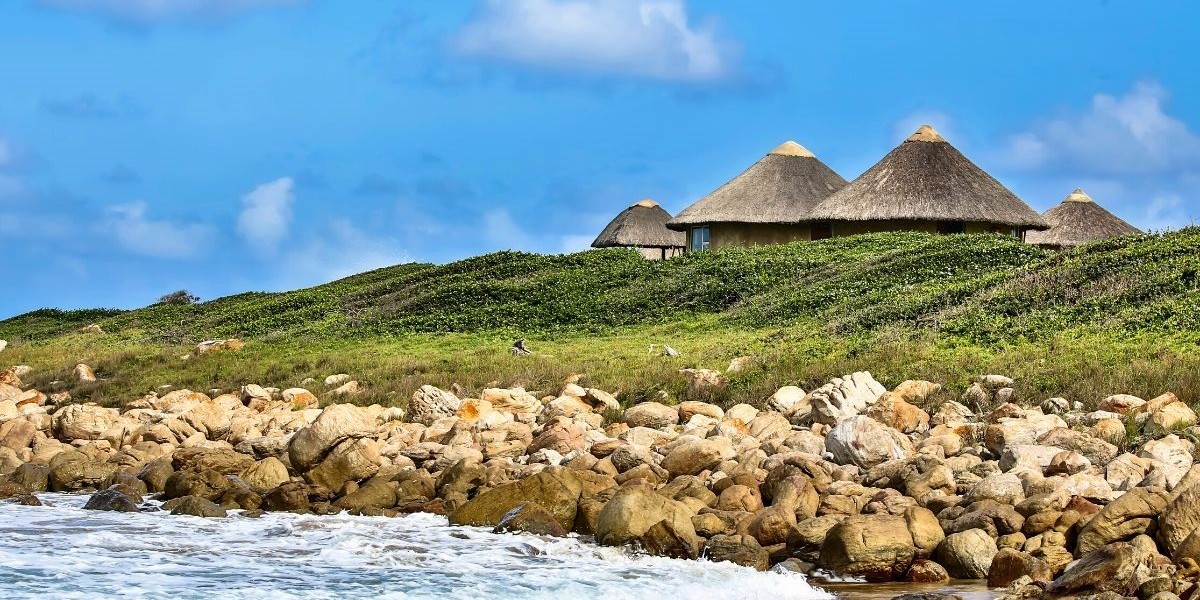
This challenging 103km hike starts at the Mtentu River Mouth and takes you along the rugged Wild Coast to the pretty little village of Pondoland. The trail passes through pristine beaches, rocky headlands and lush vegetation. Be sure to take a swim in one of the many clear rock pools along the way.
Length: 5 days, with a 3-day option
When: September—May
4. West Coast Five Bay Trail
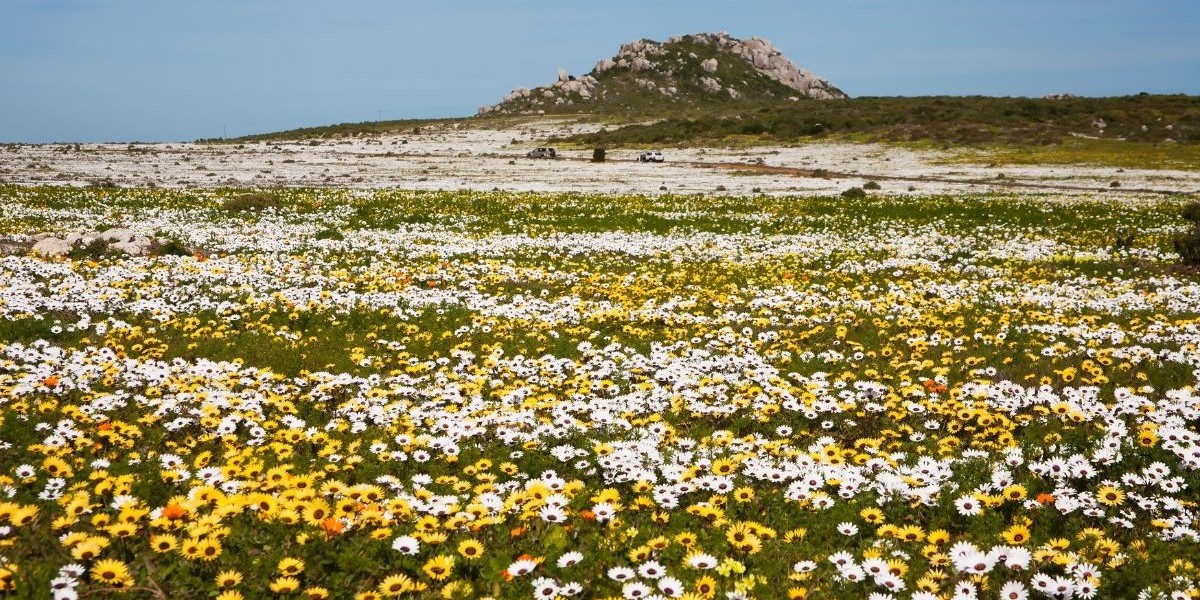
The West Coast Five Bay Trail is a stunningly beautiful but relatively easy hike that takes you through five secluded bays on the west coast of South Africa. The trail starts at the picturesque Paternoster Village and explores Tietiesbaai via Cape Columbine Nature Reserve, Jacobsbaai, Hospitaalbaai and Wesbaai (“baai” is Afrikaans for Bay). Along the way, you'll enjoy spectacular views of the unique landscape, the Atlantic Ocean and the surrounding Sandveld (pronounced ‘Sunned Felt’). Try to combine your trip with the flower season. You won’t be disappointed.
Length: 3 days
When: August—November
5. Kosi Bay Trail
The Kosi Bay Trail is a challenging but unforgettable hike that takes you through some of the most beautiful coastal forests in South Africa. The trail starts at the Kosi Bay Mouth and winds its way through four interconnected lakes before ending at the spectacular Kosi Bay for a snorkel session. Keep your eyes peeled for wildlife, including turtles, eagles and hippos!
Length: 4 days
When: November—March if you want to see nesting turtles; however, those are also the warmest months. March—September will offer cooler weather.
6. Oystercatcher Trail
The Oystercatcher Trail is a moderate to challenging hike that takes you along the stunning Garden Route coast around Mossel Bay. The trail is named after the oystercatchers that can be seen along the way— a protected species.
Length: 5 days, with a 3-day option
When: September—March marks the oystercatcher breeding season
7. Strandloper Trail
The Strandloper Trail is a long and challenging hike that takes you along the Wild Coast from Kei River Mouth to Gonubie. Whether the trail is named after the strandloper bird or the many “beach walkers” who have hiked this trail remains to be known. The trail is rugged and remote and passes through some of the most beautiful but untouched coastlines in South Africa.
Length: 4 days
When: May—July
8. The Whale Trail
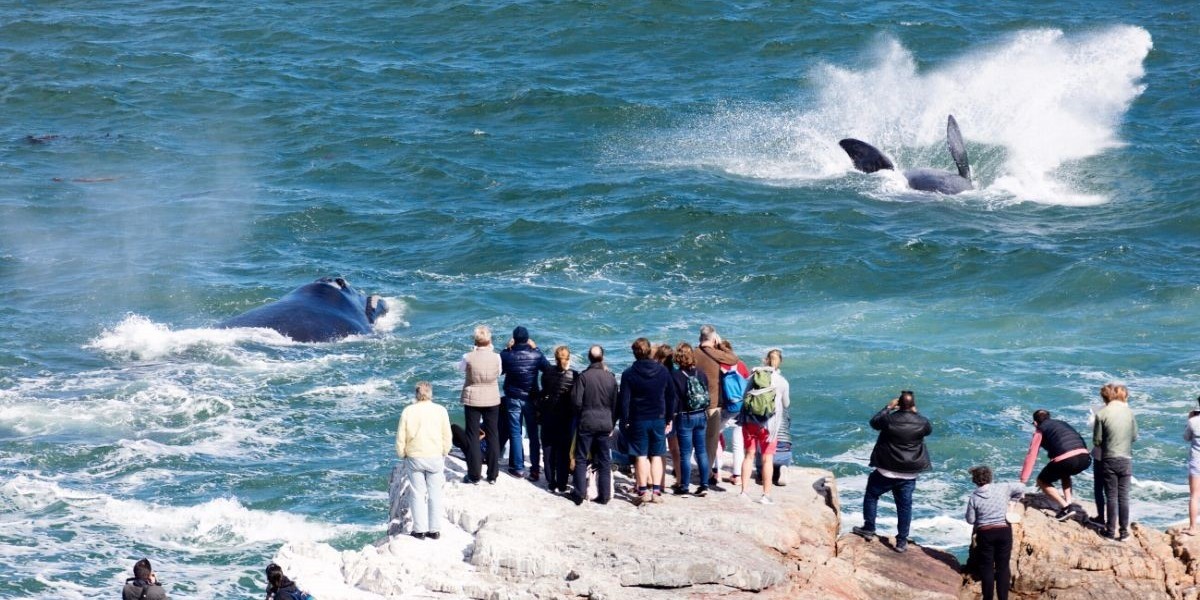
The Whale Trail is a moderate to challenging hike that takes you along the stunning Western Cape coastline around areas where you can see Southern Right and Humpback whales cruise along the coast.
Length: 6 days
When: August—September
South African Cuisine
South African cuisine is a delicious melting pot of cultures. You’ll find everything from traditional African dishes to European flavours, with a healthy dose of Indian and Asian influences thrown in for good measure.
And, of course, there’s the world-famous South African braai (barbecue), which is a national institution. No matter what your taste, you’ll find something to tantalise your taste buds.
Time to explore the different cultures in South Africa and their food!
Get ready for a lot of Shisa nyama aka the South African Braai
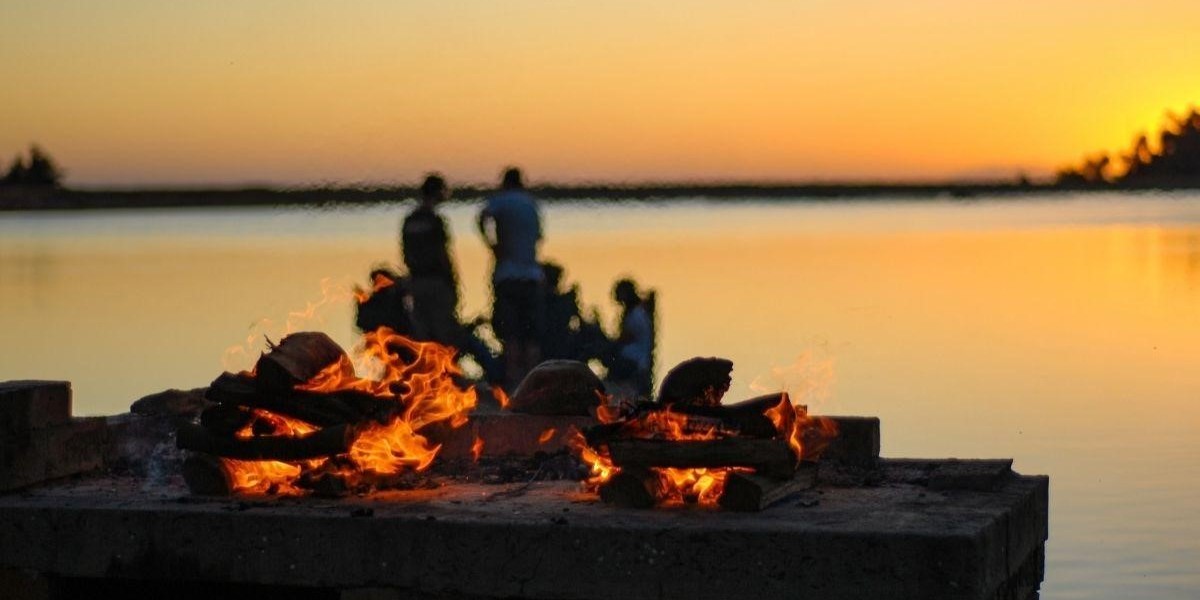
The South African braai is a national institution and one of the things that make this country so special.
A braai is typically a social event where family and friends gather around a fire to cook meat (usually steak, lamb, wors (local sausage) and some chicken for salad) and other dishes (like the braai broodjie! Trust me, just tell them to make you one too) while enjoying each other’s company.
Snacks will include biltong (dried meat), Droëwors (dried sausage) and barbeque flavoured Simba Chips. Seriously, vegans and vegetarians haven’t had the easiest time in this country- but it is getting better, we promise!
A braai is a perfect way to spend an evening (most evenings in fact), and there’s nothing quite like the taste of food cooked over an open flame.
It’s clear- South African people love their meat - and it helps that we have some of the best quality meat at the best prices! It’s estimated that red meat in South Africa is 40% cheaper than the world average.
Zulu traditional food in South Africa
As the largest ethnic group in South Africa, Zulu traditional foods hold a special place in many hearts.
From uphuthu (maize meal cooked to a crumbly textured porridge that’s served with African spinach, milk or amasi (sour milk) depending on the time of the day) to Amadumbe (an endemic root vegetable that is akin to sweet potato)- there is a dish for every occasion. Make sure you try a few!
South Africans have a sweet tooth
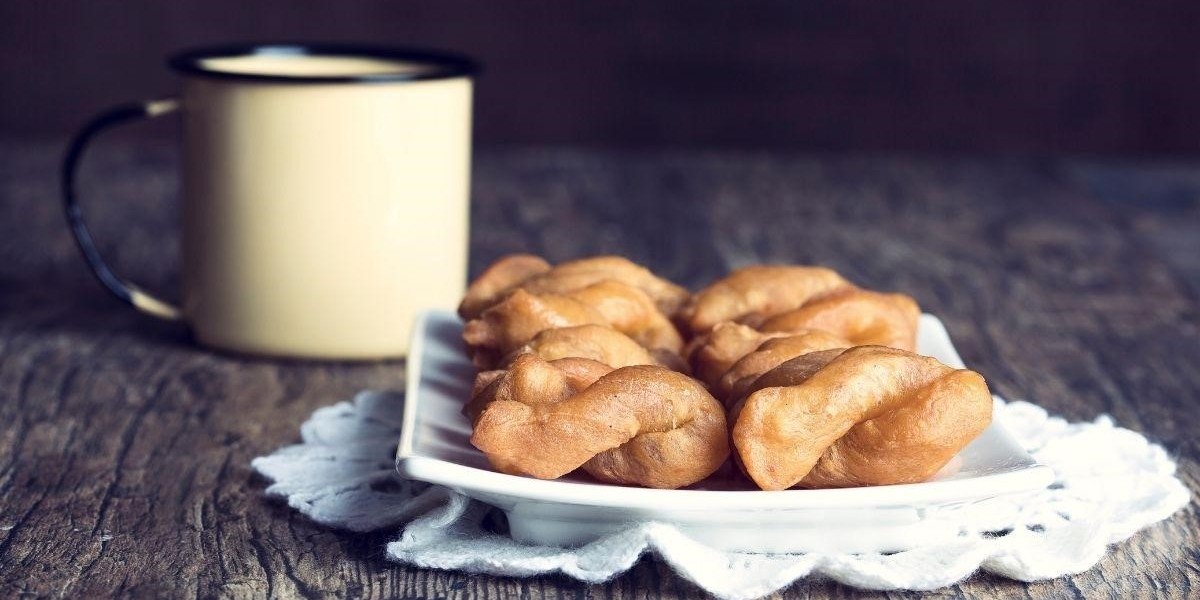
We’ll admit it… we have a terrible sweet tooth, and there is no shortage of sugary treats to choose from. From sweet jams to preserved fruit to a teaspoon or three of sugar in our coffee- it’s estimated that we are the 8th highest sugar consumers globally. Yikes.
But, when in Rome. Some highlights you’ll have to try to include Koeksisters (a fried doughnut-like pastry deep fried and then infused in syrupy sugar) and malva pudding (a spongy cake soaked in a sweet burnt sugar sauce).
And let’s not forget about melktert (milk tart) - perfect for those hot summer days. Most of our moms have a special recipe for this one, and you can get it cold or baked. Delicious.
Don’t miss trying a bunny chow in Durban (No, you’re not eating a real bunny!)
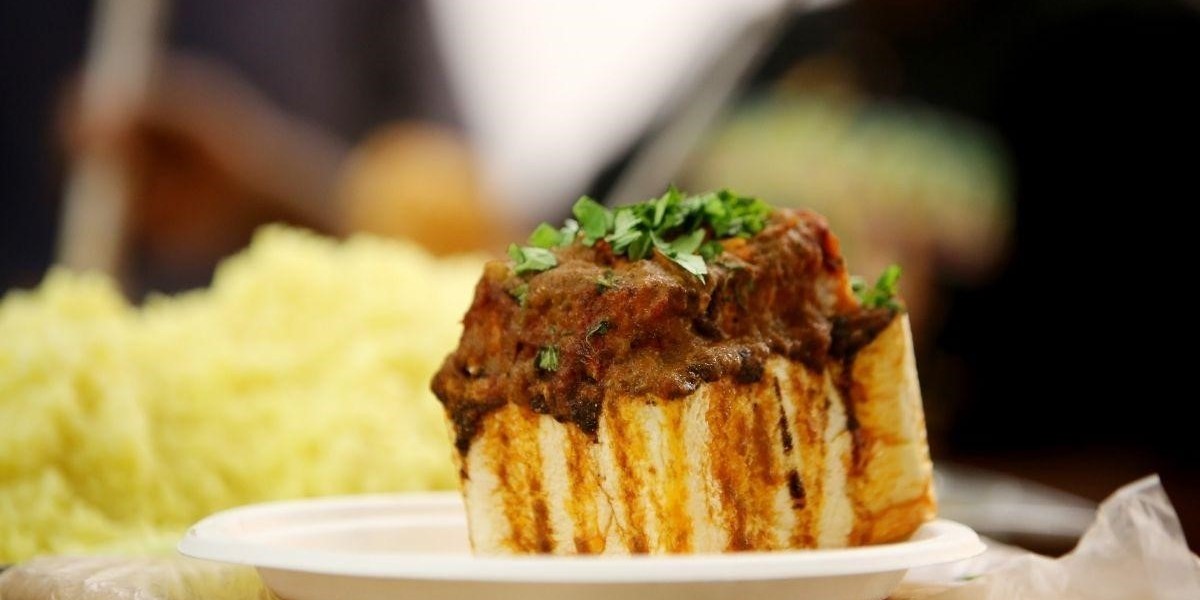
Curry in half a loaf of bread, otherwise known as the bunny chow - a Durban speciality.
This hearty dish is perfect for those cold winter days and will definitely warm you up from the inside out.
When asked how spicy the curry should be, expect to hear, “hot”, “hot hot” or “hot hot hot”... definitely start with hot!
Experience Cape Malay in Cape Town
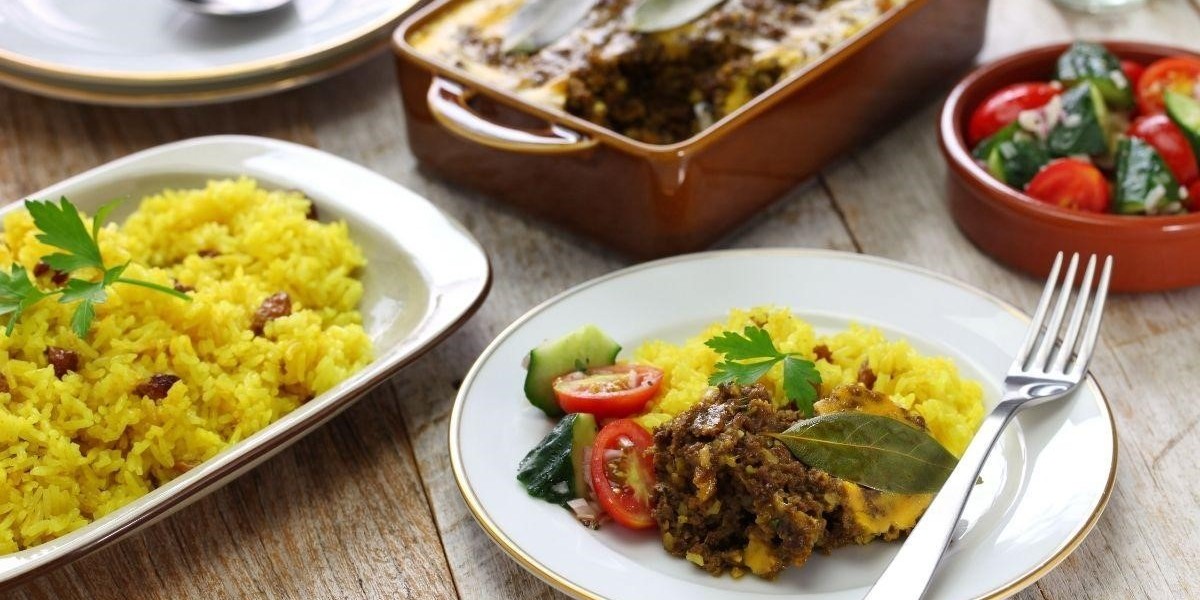
If you’re looking for something a little different, be sure to try Cape Malay cuisine.
This unique style of cooking combines Malaysian, Indonesian and South African flavours to create dishes that are truly out of this world.
Try the Bobotie and the famous Cape Malay Chicken Curry - you won’t be disappointed.
Rich and Diverse Culture
South Africa is a culturally diverse country with 11 official languages and a rich history. From the traditional music and dance of the indigenous people to the more modern styles that have emerged from the townships, our music and dance styles are now world-famous.
There are also many world-renowned museums and art galleries, as well as numerous theatres and festivals showcasing the best of local talent.
Dance Culture
South Africans love to dance. While there are quite a few jokes making the rounds about who dances the best, the different styles leave a lot of room for exploration.
Pantsula is a fast-paced, energetic dance style that originated in the townships. It’s often performed to the sound of kwaito music and is now popular all over the world.

If you prefer to dance with a partner, try Afrikaans Sokkie Sokkie— directly translated to “socks socks” because, traditionally, you glided over the floor with your socks.

Sokkie is a couples dance where you shuffle across the floor to the beat of Afrikaans pop music (the beat is perfect, just don't ask someone to translate the lyrics!)
Explore the Art Scene
South Africa is home to some of the most talented artists in Africa. Our art galleries showcase a variety of styles, from traditional African art to contemporary pieces.
If you're considering living in Johannesburg or Cape Town, make sure you take part in the First Thursdays Art Night. You can explore the galleries, sip on (free) wine and get to know the art scene in the trendiest way.
Events and Festivals for Every Taste

South African people love a good party! That’s why you’ll always find something happening. There are many festivals held throughout the year, celebrating everything from music and dance to food and wine.
One of the most popular festivals is AfricaBurn, which is held near the Tankwa Karoo National Park. It's a week-long event where people from all over the world come to camp, dance, be weird and enjoy the beauty of the Karoo.
However, you'll find some other mini and major festivals happening all over the place. Past highlights have been Joburg Day, Aardklop, KKNK and Park Acoustics.
Diversity and Heritage
One of the best things about living in South Africa is the diversity of its people. You’ll find people from all walks of life, from all over the world, living side by side in harmony (mostly… we’ll get to that in a bit).
This diversity is why South Africa is truly an amazing country, and it’s something that we are very proud of.
11 Official Languages: English (10%), isiZulu (23%), isiXhosa (16%), Afrikaans 13.5%), Sesotho sa Leboa (9%), Setswana (8%), Sesotho (8%), Xitsonga (4.5%), siSwati (2.5%), Tshivenda (2.5%), and isiNdebele (2%).
Most people in the bigger cities speak English though as a second language… you’ll never have issues buying something in a shop, or getting directions. And, even if someone can’t speak English, they’ll try to understand you and help as best they can.
Fun Fact - How big is South Africa? South Africa is a country located at the southern tip of Africa. It has an area of approximately 1,221,037 square kilometres, making it the 25th largest country in the world by land area.

The Bad
Now, let’s take a look at some of the not-so-great aspects of living in South Africa. These are the things that can be a bit of a downer, but they are also part of everyday life in South Africa and something that you need to be aware of- mainly to avoid it as best you can.
We won’t just tell you about the bad; we’ll also offer some tips on how to avoid it.
Load Shedding
Load shedding is a term you’ll become very familiar with if you live in South Africa. What does load shedding mean, exactly? Well, it refers to the scheduled power cuts that are regularly implemented by the South African national electricity supplier, Eskom.
You might be wondering what causes load shedding and the answer is that load shedding happens when there isn’t enough power available to meet demand. This includes electricity consumption for both industry and private use. While it is called a “last resort” to balance supply and demand, it has been happening on and off since 2007 - showing that a lack of planning and maintenance is to blame.
This can be a real pain, especially if you live in an area that is affected often (yes, some areas get less if they’re managed by their respective municipalities - a great example is the City of Cape Town). On average, you can expect to get 2-4 hours of load shedding at a time. On Stage 1 load shedding you’ll maybe have it once a day, on Stage 8 you can be without power for 50% of the day.
While it’s something that we have all learned to live with, there are ways to minimise the impact it has on your life. Unfortunately, they either require money or the ability to explore zen-like meditative states of being.
Turns out 2021 was our worst year yet. Load shedding caused us to lose 1,165 hours of our lives, of work, of dignity. Some people can comfortably endure load shedding from the comfort of their homes, but others live a very different reality. Many can continue working as they have generators, and some even have solar power. But in our poorer communities, clinics have to shut down, hospitals are struggling, and school children have to sit outside because the classrooms are too dark. Families can’t cook meals at night or bath in warm water, children can’t study. The implications are far-reaching.
This year marks the 15th anniversary of load shedding in South Africa. So, what solutions have we come up with? Not many, unfortunately.
Needless to say, generator and solar panel sales have increased dramatically over the last few years. One thing we’re hoping will happen is that the ongoing crisis will spur the government to explore more green energy sources.
Generator prices in South Africa for a medium home: R16K - R25K ($900 - 1,500 / €900 - 1,500 / £800 - 1,300) (Fuel R4500pm)
Solar panel prices in South Africa for a medium home: R60K - R100K ($3,600 - 6,000 / €3,500 - 5,800 / £2900 - 4,900)
With the recent increase in fuel prices, it’s becoming more economical to invest in solar energy rather than a generator. It’s also better for the environment!
South Africa realises that it needs to go green, and recently received $8.5bn recently funds from the 'Just Energy Transition Partnership' with the US, the UK and the EU to help the process. While it’s estimated that we’ll need around $250bn to make a complete transition, it’s a good step toward going green.
Load shedding won’t end anytime soon, so if you plan on living here, it might be a good idea to understand how it works.
Where can you get the load-shedding schedule? Eskom has made it a tedious process to figure out the load-shedding schedule from their website. Early days we had excel sheets, and now you need to manually select your municipality, town, area etc. To finally get to a table that can change depending on the stage you’re on. So, luckily we have some innovative peeps who decided to make it easier for us by creating the Our Power Load Shedding Online Schedule as well as the Eskom Se Push App.
These online tools are constantly updated, so you just need to enter your location once, and then you can always see when you’ll be getting load shedding.
Some municipalities (especially around Cape Town as mentioned before) have started to source energy from other sources and thus sometimes don’t have load shedding, so that can be confusing, but for the most part they've made it possible to get accurate information.
Fun fact about Eskom Se Push- the name is a play on a few different things. The creator can say “Push is for push notifications” but the “se” part leads us to believe that they are actually referring to a very rude Afrikaans word that rhymes with push… The Afrikaans word is the same as the German word for cat- just with a very different meaning. It’s rude… but most South Africans feel the same way. We’ll leave it there.
Crime
A big question many people ask is, "is South Africa safe?" Sadly, crime is a big problem in South Africa. However, if you know a few simple safety tips, you don't have to feel scared of visiting here.
As South Africans, we are all too familiar with the safety precautions, and you do need to be careful, especially if you are living in or visiting one of the major cities.
There are certain areas that you should avoid altogether, and it’s always best to take precautions such as not walking alone at night (or heck, avoiding walking at night altogether… even in groups), being aware of your surroundings and not flashing your valuables in public.
The latest Social Progress Index for 2021 shows that South Africa has actually regressed a bit over the pandemic period. We’ve gone from 59th place on the world scale to 80th. Our worst performance area is personal safety.
How can you stay safe? Well, one thing is to not be in the wrong place at the wrong time. Make sure you know where crime hotspots are. Get to know your neighbours, ask questions, and keep yourself safe.
If you have the means to keep yourself safe and out of harm's way, use it. You will be fine.
A lot of South Africa’s worst statistics are sadly coming from the poorest of communities. South Africa still has a long way to go to secure a safe future for all its people. Politics is part of South Africa’s ugly.
Extreme Poverty
Even though South Africa is one of the most developed countries on the African continent, poverty is still a major issue.
You’ll see it everywhere you go, from sprawling informal settlements to children begging on the city streets. It’s estimated that over 55% of the population lives below the poverty line.
There are many reasons for this, including the legacy of apartheid, a high unemployment rate, and inequality. But whatever the cause, the effect is clear: poverty is a way of life for millions of people in South Africa.
What are the main causes of poverty in South Africa?
There is no single cause of poverty in South Africa. Instead, it’s the result of a combination of factors. Some of the most important causes include:
The legacy of apartheid: How apartheid affected people's lives in South Africa is substantial. The system of racial segregation and oppression left many South African people at a disadvantage when it comes to education, employment, and economic opportunities.
High unemployment: Another major cause of poverty in South Africa is high unemployment. The country has an unemployment rate of over 34.5%, which means that millions of people are without work. This not only makes it hard for individuals and families to make ends meet but also has a knock-on effect on the economy as a whole.
Did you know: The minimum wage in South Africa is currently R23.19 ($1.37/ €1.36 / £1.15) per hour. That’s only $1.37 and most people don’t have full-time jobs, and they often don’t earn the minimum wage when they do work.
Inequality: Inequality is another key cause of poverty in South Africa. The country has a large gap between the rich and the poor. Most notably, poverty levels have remained consistently highest among women, black South Africans, people with disabilities, and people living in remote areas.
Often, people living in poverty do not have access to basic services and opportunities, which can make it hard to escape the cycle of poverty.
The Ugly
And finally, we come to the ugly. These are the things that are not so nice to talk about, but they are a reality of living in South Africa.
Violence
One of the biggest problems facing South Africa is violent crime. It’s a very real and present danger, especially in larger cities such as Johannesburg, Cape Town and Durban. Hijackings, home invasions, robberies, rape and murder are higher than in most other countries.
Many South Africans have lost faith in the Police service, not because they're corrupt, but simply because they are understaffed and often can't assist when you need them. That's why the private security industry in South Africa has boomed over the last 30 years.
The best way to protect yourself from becoming a victim of violent crime is to be aware of the risks and take steps to reduce them.
Here are some things you can do to stay safe:
-
Be aware of your surroundings and try to avoid being alone in isolated or dangerous areas.
-
Don't carry large amounts of cash or valuables with you.
-
Be cautious when using ATMs and only use them during daylight hours.
-
Make copies of important documents such as your passport and keep them in a safe place.
-
If you are attacked, don't resist - give the criminals what they want and try to remember as much as possible about them so that you can provide a description to the police.
Racism in South Africa
Sadly, racism is still an issue in South Africa. It's been almost 30 years since the end of apartheid, but there are still many people who hold on to old prejudices.
You’ll find a lot of integration has taken place since 1994 and that most people are accepting and welcoming of each other, but there are still some pockets of society where racism is a problem.
Luckily, most of the young generation are growing up in communities and going to schools that have a good mix of races. The youth are not standing for racism. More and more young people are standing up to their friends, family and even the authorities when they see racism rearing its ugly head.
When you visit South Africa, get to know as many people as you can, keep an open mind to experience the beauty of all our ways and embrace the newness! We’re not all the same, so you’ll get an overdose of experiences.
Also, visit the Apartheid museum in Johannesburg and educate yourself on the country’s dark past so you can appreciate the bright future Nelson Mandela envisioned.
Political and Economic Uncertainty
Since the end of apartheid in 1994, South Africa has been a democracy. However, the country faces many challenges in terms of political and economic uncertainty.
The ruling African National Congress (ANC) has been in power since 1994. While its popularity has declined in recent years, it still holds support from the majority of South Africans.
The official opposition party is the Democratic Alliance (DA). While many believe they will never win an election, they are great at keeping the ANC accountable.
There are also many smaller parties and new ones that are making waves, such as the Economic Freedom Fighters (EFF). The EFF is led by Julius Malema, a former ANC youth leader. He was expelled from the ANC in 2012 for bringing the party into disrepute.
The EFF is popular with young people because of its radical political stance. It wants to nationalise mines and expropriate land without compensation. People are looking for radical alternatives, which is an issue as investors prefer stability.
South Africa is a beautiful country with a lot of potential. But, it faces an uncertain future. The pandemic has been especially tough on South Africans.
We’ve seen a lot of political and economic turmoil, and this has had a negative impact on the country. However, we are resilient people and we are slowly but surely getting back on our feet.
South Africa is a country of opportunity, entrepreneurs and growth. We’re developing at a fast pace, and while there is a great risk, it also means potential great rewards.
If you're interested in knowing more about our most recent political fiascos, you can read these tell-all books from leading South African journalists:
Understanding South Africa’s corrupt past
📚 The President's Keepers by Jacques Pauw
Seeing there are still people fighting for South Africa’s future
📕 No Longer Whispering To Power Thuli Madonsela by Thandeka Gqubule
Making sense of the now
📖 Understanding South Africa by Carien du Plessis, Martin Plaut
Why is South Africa still a good bet?
Despite its challenges, there are still many reasons why South Africa is a great place to live, work and build a future:
The economy is diversified
South Africa’s economy is diversified, with strong sectors in agriculture, mining, manufacturing, and services.
In fact, the South African economy is the third-largest in Africa and the most industrialised, technologically advanced, and diversified economy on the continent.
This makes it relatively resilient to economic shocks and provides opportunities for those who are willing to seize them.
The cost of living is affordable
One of the most appealing things about South Africa is its affordability - the standard of living in South Africa is really high if you have a good income. For the cost of a small apartment in the United States, you could buy a house in South Africa. The Rand (South African currency) is also weak against the Dollar, Pound and Euro, so your money will go a long way here.
That said, the cost of living in South Africa varies depending on where you choose to live and how you want to live. Still, even a lavish lifestyle here is more attainable than in a first-world country.
Cost of living in South Africa
Below is a summary of the local cost of living in South Africa (Cape Town) compared to other major cities (London, New York, Paris)
|
Cost of Living |
South Africa (Cape Town) |
UK (London) |
US (New York) |
Europe (Paris) |
|
Dining at a restaurant |
R150 |
R405 |
R428 |
R257 |
|
Cappuccino (regular) |
R29 |
R65 |
R87 |
R63 |
|
Chicken Fillets (1kg) |
R75 |
R122 |
R245 |
R212 |
|
Beef Round (1kg) (or Equivalent Back Leg Red Meat) |
R113 |
R220 |
R355 |
R348 |
|
Gasoline (1 litre)
|
R26 |
R35 |
R81 |
R34 |
|
Monthly Rent Apartment (3 bedrooms) in City Centre |
R23,015 |
R67,316 |
R118,975 |
R47,599 |
|
Price to Buy Apartment in City Centre per m2 |
R34,729 |
R270,023 |
R267,451 |
R207,500 |
People are still investing in South Africa
Not only are real estate prices soaring, but companies are still investing. The most recent addition is Amazon, which is set to start operations soon.
Before Amazon, there was (and still is) Takealot, which is a South African e-commerce success story. These investments show that there is still faith in South Africa’s potential.
Other innovative online platforms, like Wise Move, are helping to bring services and industries into the 21st century. Wise Move is helping to create business opportunities in the moving industry, connecting local moving companies to new clients, and helping clients to find trustworthy movers at affordable prices.
The South African job market is also booming. If you have the skills, there are several jobs in demand in South Africa.
South Africa is the land of opportunity. Will you be part of our bright future?
The real reason people fall in love with South Africa
Before we get to the nitty-gritty, I think we should discuss why, despite all that’s “wrong” in South Africa, people from all over the world still want to call this place home. It comes down to freedom.
Being able to live your life the way you want to, to raise your children in a lifestyle that you wished you had, to break the rules every now and then and get away with it (don’t go crazy though!), to explore wild places, and to create your own opportunities.
With all the rules and regulations that aim to protect most first-world countries, it’s somehow refreshing to be in a place where things don’t always go according to plan, where you have to improvise. Where you can live a little. Where being late is part of the culture. And… the seemingly endless sunshine doesn’t hurt either.
Life in South Africa- The Good, The Bad and The Ugly
South Africa is a country of great contrast. It’s a land that has been through tremendous turmoil, and yet, it still manages to offer its residents a promising future.
From the beautiful beaches, world-renowned game reserves, exquisite wine farms and friendly people, there’s much to love about living here.
However, there are also some not-so-great aspects that come with the territory. We hope we have given you a balanced look at what you can expect when living in South Africa.
Ready to move to South Africa?
South Africa may have its challenges, but the pros (in our opinion) far outweigh the cons when it comes to creating a life in this beautiful country. If you’re willing to seize the opportunities, South Africa can be a great place to call home.
What do our customers say?

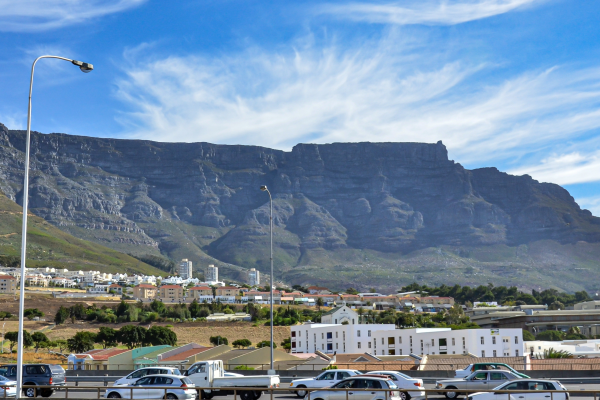
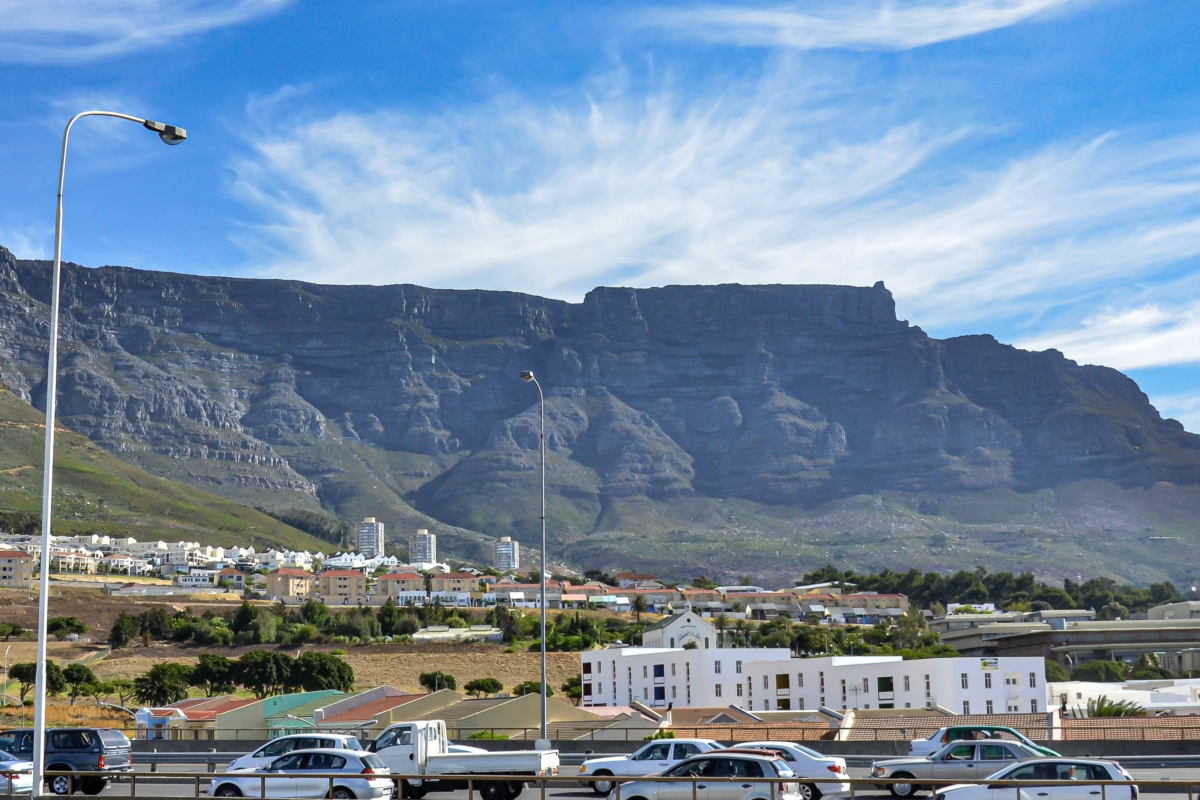
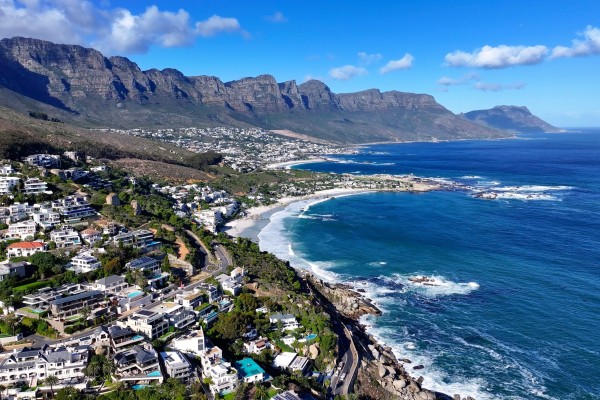
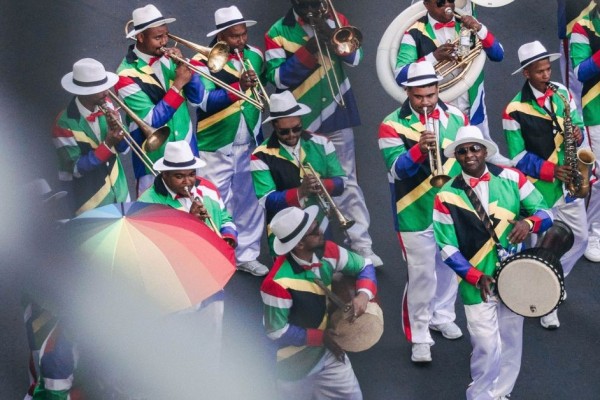
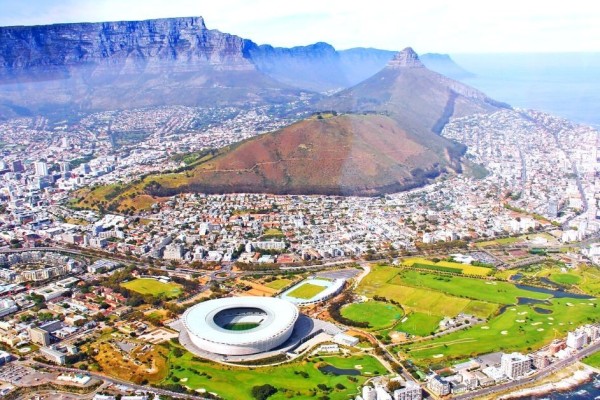

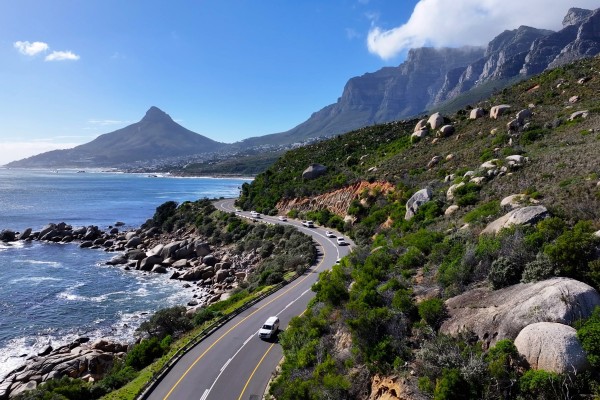
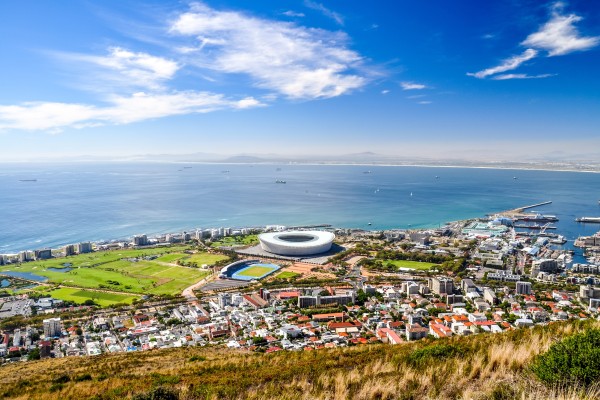
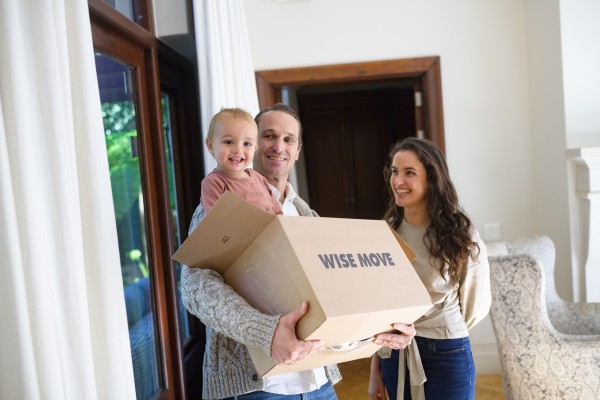
![The Cost of Living in Durban [2025] The Cost of Living in Durban [2025]](https://cdn.wisemove.co.za/image/blog/33d6922f3018eeb43ebed98163e7b2cd.jpeg)

